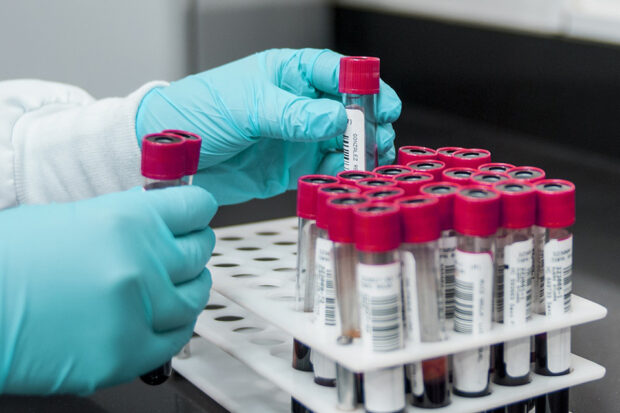
Technological advances have revolutionised the detection, prevention and treatment of serious health conditions over many years.
New technology also has the potential to change the evidence base that determines if screening for a condition would do more good than harm and be affordable (see principles of screening).
Many commercial organisations have developed, or are in the process of developing, new tests that look for ‘early’ stages of multiple cancers simultaneously.
These multi-cancer early detection tests (MCEDs) hold out the hope of detecting dozens of cancers before symptoms emerge and at a stage when treatment is likely to be more effective. The UK National Screening Committee (UK NSC) has many important questions to consider before it could recommend using this very different kind of test and technology in a national screening programme.
To assess if screening using MCEDs would do more good than harm to an eligible population, we need answers to detailed questions such as:
- what would be the views of, and implications for, people invited for a test that screens for many cancers at once
- what types of cancers are detected and at what stage
- can the tests be successfully implemented in real-world practice
- how well do the tests predict disease that would cause symptoms
- how well do the tests reassure people they do not have cancer
- how many cancers would be missed due to false negative results and how many people would be unnecessarily worried by false positive results
- what additional tests might be needed after positive results to confirm the presence of a cancer
- are those additional tests and subsequent treatment available and accessible
Assessing tests for many conditions at once is an exciting new challenge for the UK NSC. We wanted to understand what these tests are, what technology they use, how companies know their tests are helping to prevent cancer deaths and how well developed their evidence is.
So, we held an international information-sharing event on MCEDs last week. This gave us the chance to listen to the companies and their developments, and to explain to commercial organisations what type of information we need so that we can consider MCEDs in our evidence review process.
A total of 12 companies from around the world attended our virtual event. They all presented brief outlines of their products in individual, confidential conversations. Their products ranged from ones yet to be fully developed to those being used in research trials involving thousands of recruited volunteers. The products also used a wide range of distinct and interesting scientific approaches.
It was a fascinating afternoon that has given us lots to reflect on. I personally now feel much better informed about the range of remarkable scientific advances that may eventually lead to exciting developments in the UK’s cancer screening programmes.
Watch this space as we develop our thinking on how best to consider multi-condition tests in the future assessment of screening evidence.
Principles and ways of working
Commercial engagement with the UK NSC describes how the UK NSC seeks to engage appropriately with industry in relation to research and technology that could inform screening recommendations.
Keep up to date
The UK NSC blog provides up to date news from the UK National Screening Committee. You can register to receive updates direct to your inbox, so there’s no need to keep checking for new articles. If you have any questions about this blog article, or about the work of the UK NSC, email screeninginformation@dhsc.gov.uk.